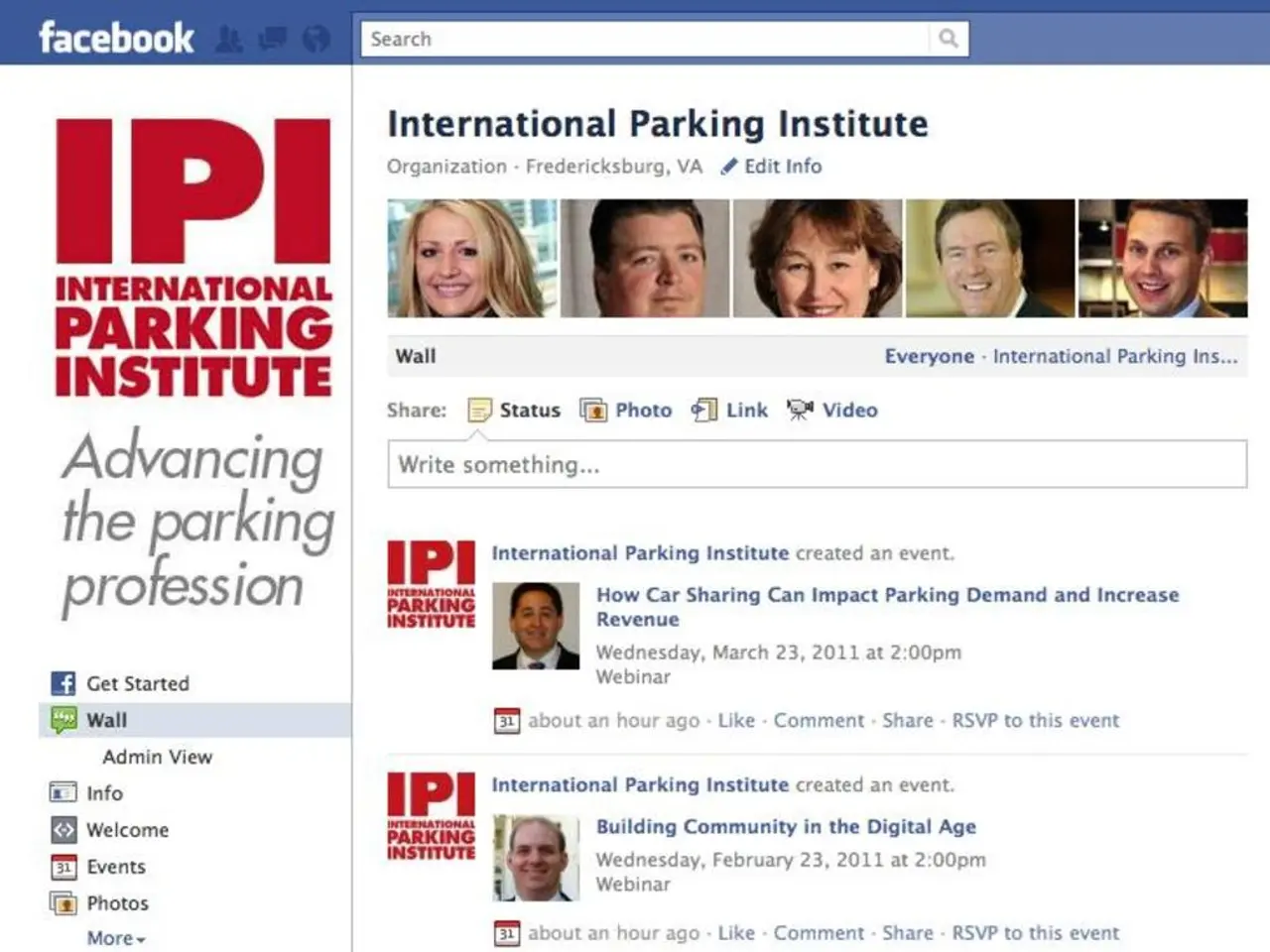Adolescent Acne Origins: Exploring the Causes Behind Puberty-related Skin Infections in Teenagers
Acne is a common skin condition that affects many teenagers, causing pimples, blackheads, whiteheads, and sometimes painful cysts. This article aims to provide a clear understanding of acne and its management for teenagers.
Understanding Acne
Acne is primarily triggered by hormonal changes during puberty, particularly elevated androgen levels that increase sebum (oil) production in the skin. This excess sebum, combined with dead skin cells and bacteria, clogs pores and triggers inflammation, leading to various forms of acne.
Stress and sleep deprivation can also contribute to the severity of acne in teenagers. Stress triggers the release of cortisol, a hormone that can increase inflammation and stimulate sebaceous glands, worsening acne.
Lifestyle Changes for Acne Management
Effective management of acne involves several lifestyle changes.
Consistent Skincare Routine
Establishing a consistent skincare routine, including cleansing, moisturizing, and sun protection, can minimize the severity and duration of acne. Using non-comedogenic (non-pore clogging) cleansers and moisturizers can help keep pores clear without irritating the skin.
Avoiding Excessive Face Touching
Avoiding excessive face touching or picking can limit bacterial transfer and reduce inflammation.
Managing Stress
Since stress can worsen hormonal acne, stress reduction techniques like exercise, meditation, or adequate sleep may improve skin health.
Balanced Diet
Reducing intake of refined sugars and foods that may spike insulin levels can help moderate hormone-driven acne triggers.
Hydration and General Health
Staying hydrated and maintaining overall health supports skin barrier function.
Medical Treatments for Acne
For persistent or severe acne, dermatological treatments including topical retinoids, benzoyl peroxide, or laser therapies may be beneficial and recommended by healthcare professionals.
Effective treatments for teen acne also include over-the-counter products containing Benzoyl Peroxide, Salicylic Acid, and Retinoids, as well as prescription medications and professional procedures.
The Importance of Seeking Medical Advice
Encouraging teens to seek medical advice for their acne can help mitigate the psychological effects. Acne can lead to a cycle of negative emotions and behaviors, such as isolation and loneliness, which can worsen acne. Teens with acne are more likely to experience anxiety, depression, and low self-confidence.
In summary, managing acne effectively involves skincare, lifestyle modifications, stress control, and medical treatment when necessary. Understanding the causes of acne and implementing effective treatments can help teens navigate this common skin condition with greater confidence.
- Acne is a common skin condition that predominantly occurs during puberty due to hormonal changes, specifically elevated androgen levels that stimulate sebum production.
- Excess sebum, along with dead skin cells and bacteria, can clog pores and lead to inflammation, causing various types of acne.
- Stress and sleep deprivation can exacerbate acne by increasing inflammation and stimulating sebaceous glands.
- Affected teenagers may experience pimples, blackheads, whiteheads, and painful cysts.
- Lifestyle changes such as adopting a consistent skincare routine, avoiding excessive facial touching, managing stress, maintaining a balanced diet, staying hydrated, and ensuring overall health can aid in the management of acne.
- Topical treatments, over-the-counter products, and prescription medications may be recommended for persistent or severe acne cases, while professional procedures like laser therapies may also be beneficial.
- Seeking medical advice for acne is important to address the condition effectively, mitigate the emotional impact, and prevent associated negative behaviors like isolation or low self-confidence.
- Effectively managing acne can help teenagers navigate this common skin condition with greater confidence and understanding.




